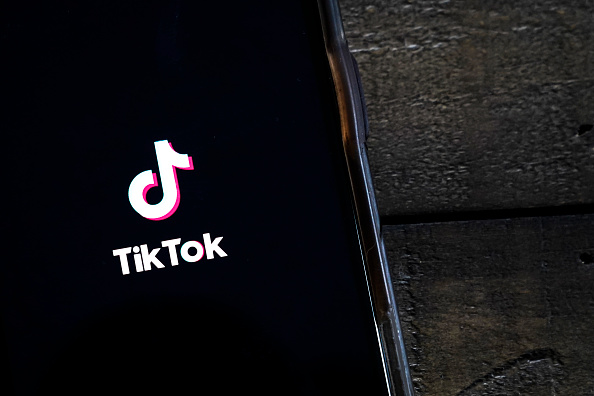TikTok: Chinese owned firm updates rulebook to include ‘human rights’ commitment as western security fears build

TikTok has rolled out updated rules and standards for content and users as it faces increasing pressure from western authorities over concerns that material on the Chinese-owned video-sharing app could be used to push false information.
The company released a reorganised set of community guidelines that include eight principles to guide content moderation decisions.
“These principles are based on our commitment to uphold human rights and aligned with international legal frameworks,” said Julie de Bailliencourt, TikTok’s global head of product policy.
She said TikTok strives to be fair, to protect human dignity and to balance freedom of expression with preventing harm.
The Chinese-owned app has come under fire in the US, Europe and Asia-Pacific, where a growing number of governments have banned TikTok from devices used for official business over worries it poses risks to cybersecurity and data privacy or could be used to push pro-Beijing narratives and misinformation.
There is no evidence to suggest this has happened or that TikTok has handed user data to the Chinese government, as some of its critics have argued it would do.
Chief executive Shou Zi Chew is scheduled to appear on Thursday before the US Congress, where he will be grilled about the company’s privacy and data-security practices and relationship with the Chinese government.
He said in a TikTok video that the hearing “comes at a pivotal moment” for the company, after legislators introduced measures that would expand the Biden administration’s authority to enact a US ban on the app, which he said is sued by more than 150 million Americans.
“Some politicians have started talking about banning TikTok. Now this could take TikTok away from all 150 million of you,” said Mr Chew, who was dressed casually in jeans and blue hoodie, with the dome of the US Capitol in Washington in the background.
“I’ll be testifying before Congress this week to share all that we’re are doing to protect Americans using the app,” he added.
The guidelines, which take effect on April 21, were repackaged from TikTok’s existing rules with extra details and explanations.
Among the more significant changes are additional details about its restrictions on deepfakes, also known as synthetic media created by artificial intelligence technology.
TikTok more clearly spells out its policy, saying all deepfakes or manipulated content that show realistic scenes must be labelled to indicate they are fake or altered in some way.
The app had previously banned deepfakes that mislead viewers about real-world events and cause harm. Its updated guidelines say deepfakes of private figures and young people are also not allowed.
Deepfakes of public figures are OK in certain contexts, such as for artistic or educational content, but not for political or commercial endorsements.
Press Association – Associated Press
